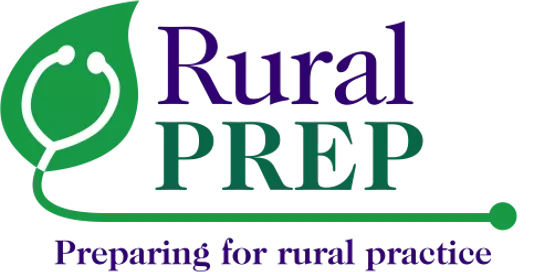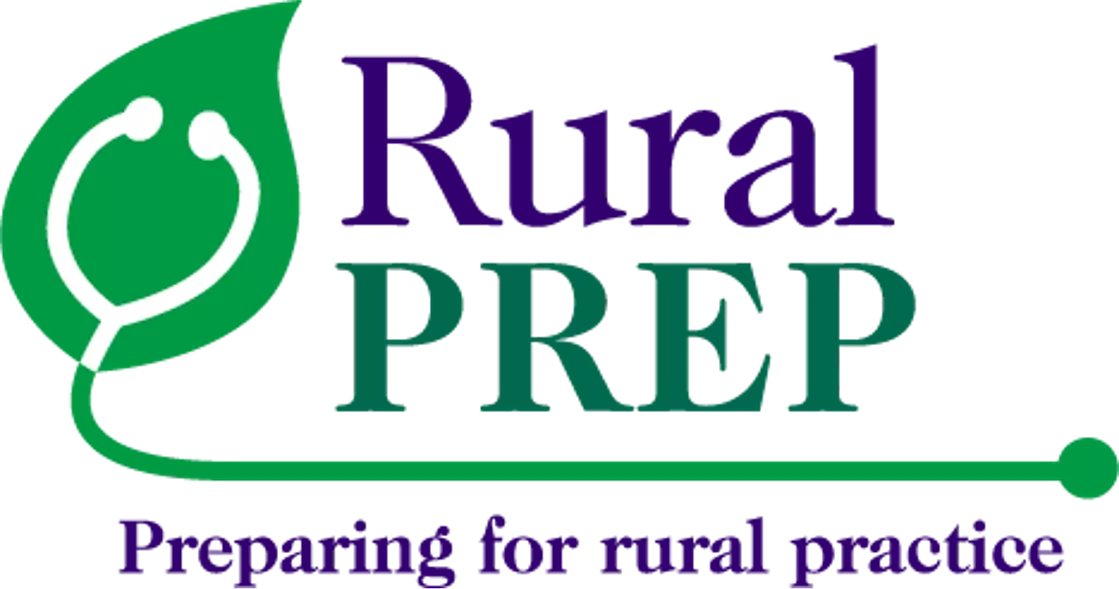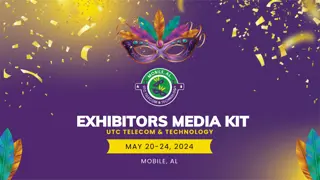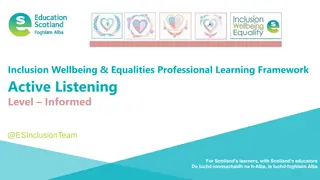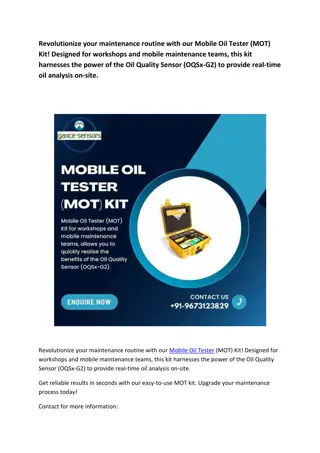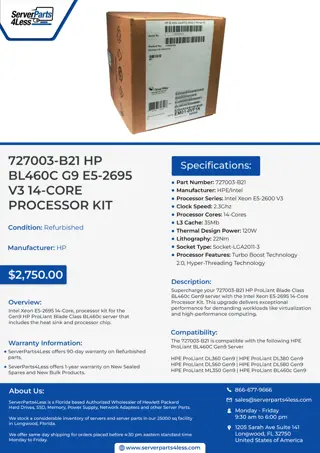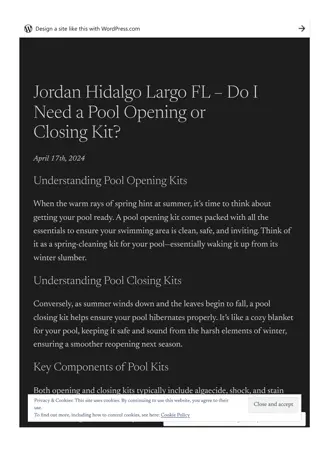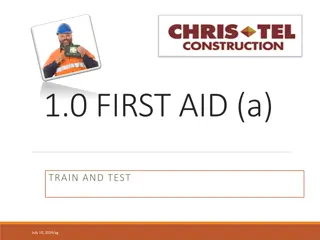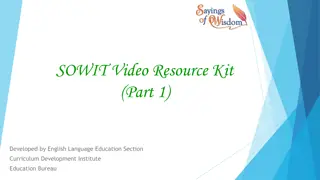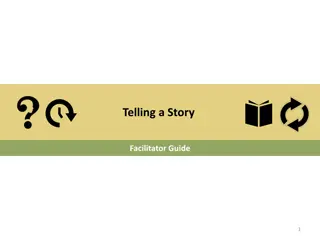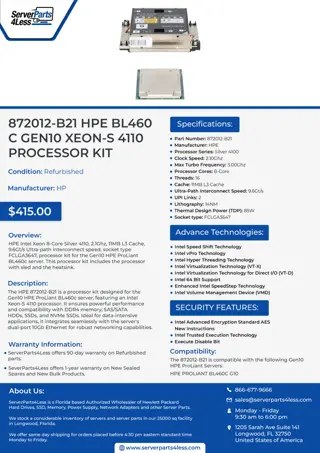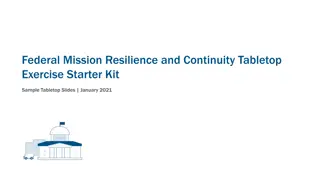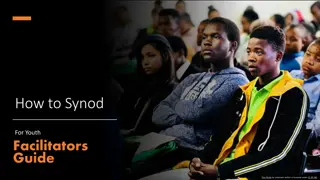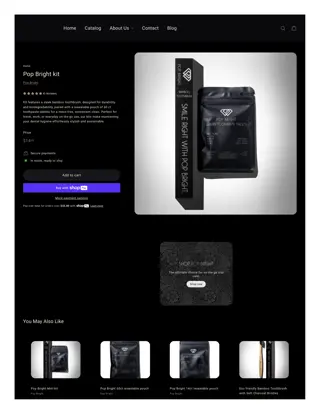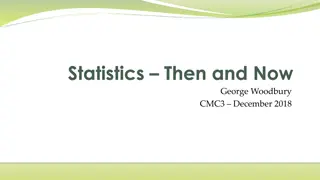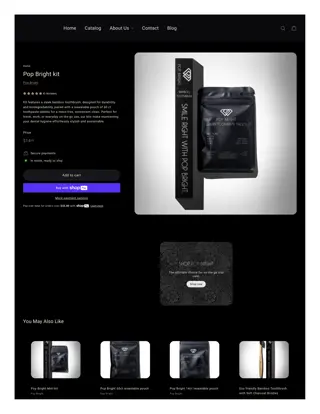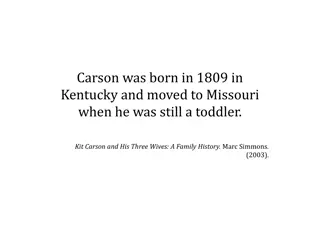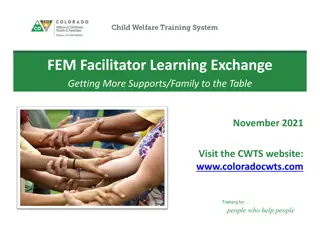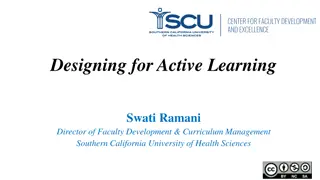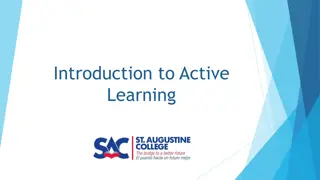Facilitator's Teaching Kit: Active Learning Experience
The Teaching Kit for facilitators includes a Facilitator Lesson Plan, a Facilitator Guide PPT with presentation slides, and an embedded YouTube video. Facilitators are encouraged to review and adapt the materials under a Creative Commons license, following a suggested session overview that covers agenda review, activities, and discussion. The presentation covers being a rural generalist, learning objectives, and team readiness.
Download Presentation

Please find below an Image/Link to download the presentation.
The content on the website is provided AS IS for your information and personal use only. It may not be sold, licensed, or shared on other websites without obtaining consent from the author.If you encounter any issues during the download, it is possible that the publisher has removed the file from their server.
You are allowed to download the files provided on this website for personal or commercial use, subject to the condition that they are used lawfully. All files are the property of their respective owners.
The content on the website is provided AS IS for your information and personal use only. It may not be sold, licensed, or shared on other websites without obtaining consent from the author.
E N D
Presentation Transcript
A Note to Facilitators Dear Facilitator, Thank you for using Rural PREP s materials to create an active learning experience for your site. Our Teaching Kit contains two key parts: 1. The Facilitator Lesson Plan on the Teaching Kit Landing Page (where you downloaded this PPT) 2. This Facilitator Guide PPT, which includes the presentation slide deck and an embedded YouTube Video *Many of the slides contain additional information in the presenter notes area, so be sure to review them prior to your active learning experience. We have placed the first note on this slide. Make sure you can find it.
A Note to Facilitators Dear Facilitator, We recommend that you review the materials as they were designed first, and then you can decide how you would like to remix, modify, or adapt any or all of the pieces of this Teaching Kit to facilitate learning for your participants. We have licensed these materials under a Creative Commons Attribution- NonCommercial-ShareAlike 4.0 International License. So feel free to adapt and share within the guidelines of our license.
Suggested Session Overview 2 minutes: Review this agenda with your group 10 minutes: Review the Pre-session Activity with the whole group 15 minutes: Watch the Presentation 20 minutes: Facilitate the Team Activity 10 minutes: General Discussion and Social Charge 3 minutes: Evaluation of the Learning Materials as a group
Presentation Slides Facilitator, the next slide begins the presentation segment of the Facilitator Guide. Use the following slides to facilitate your active learning experience.
Preparing to be a Rural Preparing to be a Rural Generalist Generalist Presented by: Rob Epstein, MD, Program Director, Swedish Rural Program, Port Angeles, Washington
Learning Objectives After this session, participants will be able to: 1. Articulate the concept and expanded scope of practice encompassed by rural generalists 2. Thoughtfully choose appropriate learning experiences in preparation for rural practice 3. Modify their own education plans to incorporate rural generalism 4. Adapt their plans to the community in which they wish to practice
Team Readiness 1. The majority of articles (80%) in the scoping review came from the following geographical locations, reflecting the relative maturity of programs supporting rural generalist medicine in those countries. Select all that apply: a. b. c. d. Kuwait/UAE/Bahrain (Middle East) e. None of the above Australia/New Zealand & USA/Canada (North America) Japan/Korea India/Pakistan/Sri Lanka (South Asia)
Team Readiness 1. The majority of articles (80%) in the scoping review came from the following geographical locations, reflecting the relative maturity of programs supporting rural generalist medicine in those countries. Select all that apply: a. Australia/New Zealand & USA/Canada (North America) b. Japan/Korea c. India/Pakistan/Sri Lanka (South Asia) d. Kuwait/UAE/Bahrain (Middle East) e. None of the above
Team Readiness 2. Which of the following factors are considered threats to rural generalist medicine in Australia? a. b. c. Working hours and lifestyle factors Lack of appropriate training opportunities and support Inclination of medical graduates to pursue highly specialized career choices Lack of recognition for the rural generalist role All of the above d. e.
Team Readiness 2. Which of the following factors are considered threats to rural generalist medicine in Australia? a. b. c. Working hours and lifestyle factors Lack of appropriate training opportunities and support Inclination of medical graduates to pursue highly specialized career choices Lack of recognition for the rural generalist role All of the above d. e.
Team Readiness 3. .a USA article supported the concept of a national rural training pipeline that recruits from rural communities, provides rural placements throughout medical school, supports residencies in the rural setting and provides support in rural practice after training. This statement pertains to the following reform recommendation: a. Training b. Broader workforce focus c. Capacity building d. Scope of practice e. All of the above
Team Readiness 3. .a USA article supported the concept of a national rural training pipeline that recruits from rural communities, provides rural placements throughout medical school, supports residencies in the rural setting and provides support in rural practice after training. This statement pertains to the following reform recommendation: a. Training b. Broader workforce focus c. Capacity building d. Scope of practice e. All of the above
Team Readiness 4. A total of ______ respondents reported feeling burned out from their work once a week or more. a. b. c. d. e. 28% 42% 50% 64% None of the above
Team Readiness 4. A total of ______ respondents reported feeling burned out from their work once a week or more. a. b. c. d. e. 28% 42% 50% 64% None of the above
Team Readiness 5. Fill in the blanks with the most suitable option: Data from the first year (2016) of the National Family Medicine Graduate Survey suggest that for ______ (early, middle, late) career family physicians, having a ______ (narrower, broader) scope of practice is associated with a lower risk of burnout. a. broader, early b. narrower, early c. broader, middle d. narrower, late e. none of the above
Team Readiness 5. Fill in the blanks with the most suitable option: Data from the first year (2016) of the National Family Medicine Graduate Survey suggest that for ______ (early, middle, late) career family physicians, having a ______ (narrower, broader) scope of practice is associated with a lower risk of burnout. a. broader, early b. narrower, early c. broader, middle d. narrower, late e. none of the above
Team Readiness 6. The lowest odds (36%) of reporting feeling burned out is among family physicians practicing: a. b. c. d. e. End-of-life care Pediatric outpatient care Obstetrics care Newborn hospital care None of the above
Team Readiness 6. The lowest odds (36%) of reporting feeling burned out is among family physicians practicing: a. b. c. d. e. End-of-life care Pediatric outpatient care Obstetrics care Newborn hospital care None of the above
Team Readiness 7. According to the video, Australian General Practice Training (AGPT) Pathway includes following types of support for rural generalist trainees. Select only one answer: a. International trips b. Educational resources through rural pathway trainings c. Funding (no out-of-pocket costs) d. Maternity leave e. Accredited clinical placements f. Training to clinical supervisors g. A, D, & F h. B, C, E, & F
Team Readiness 7. According to the video, Australian General Practice Training (AGPT) Pathway includes following types of support for rural generalist trainees. Select only one answer: a. International trips b. Educational resources through rural pathway trainings c. Funding (no out-of-pocket costs) d. Maternity leave e. Accredited clinical placements f. Training to clinical supervisors g. A, D, & F h. B, C, E, & F
Comments or questions from the team readiness activity?
Preparing to be a Rural Preparing to be a Rural Generalist Generalist Presented by: Rob Epstein, MD, Program Director, Swedish Rural Program, Port Angeles, Washington Launch the Presentation Now (links to YouTube)
Team Activity You will be divided into groups and moved into breakout rooms. During this time, complete the following activity: Consider the list of all the needs in Dr. Epstein s rural community scenario. Create a training pathway that would adequately train you for practice in the rural community.
Social Charge What are you personally going to do with this information?
Evaluation While everyone is still together, please join today s facilitator in evaluating these learning materials as a group: Online Evaluation (links to a Google Form) Contact today s facilitator if you are interested in receiving a certificate of participation.



